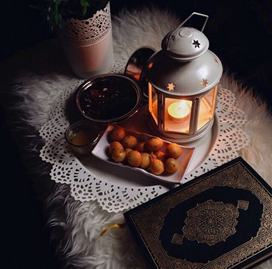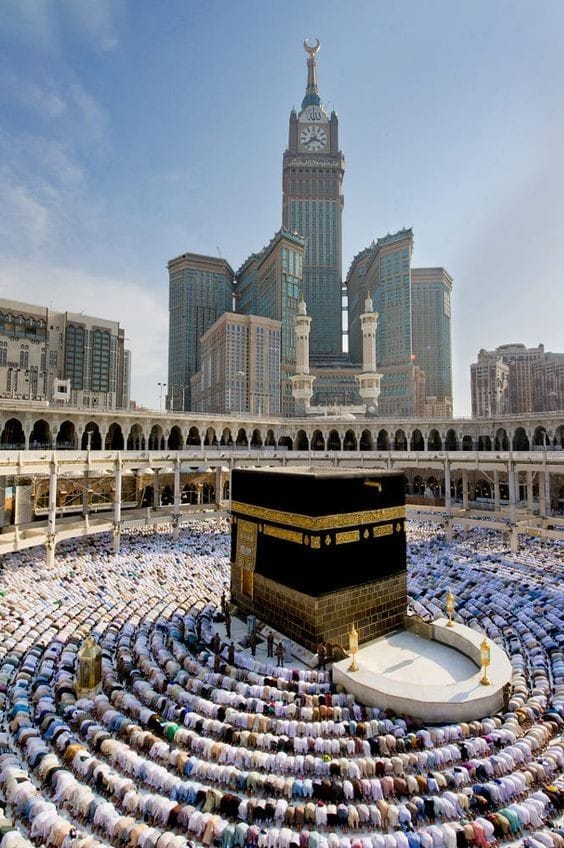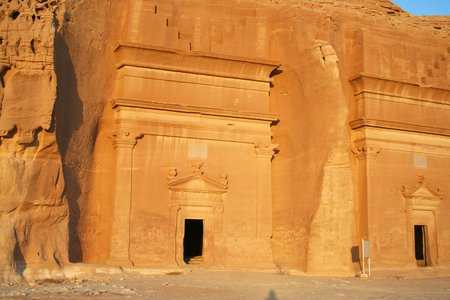Ramadan
Ramadan is one of the months that are essential for Muslims. It’s a time of increased worship, spiritual cleansing, good deeds, and acts of charity. In light of Allah’s love and mercy towards us, the incentive for almost any deed that is great during Ramadan is multiplied by 70. Ramadan is the ninth month of the Islamic calendar, a holy month designed for prayer and fasting.
Importance of last 10 nights
The very last 10 days and nights hold a lot more relevance because they are packed with also better incentives and blessings. These days certainly are a window of opportunity for us to reap some great benefits of Ramadan and seek salvation ahead of them comes to an end in thirty days. The last ten days of Ramadan carry with them extreme circumstances which can be special particular benefits for Muslims, all of these are necessary for our journey of pleasing Allah (SWT). Not just do one of many odd days within the last few ten days contain the Night of Power (Laylat ul Qadr this is certainly, a more auspicious night into the year, but they additionally provide us with the opportunity to reap the benefits of replicating the precise tasks that can enable us is much better, more accountable, and more aware Muslims.
5 practices to achieve the spiritual benefits of Ramadan

The last 10 nights of Ramadan are believed to be the most important opportunities for worship during the holiest month in the Islamic calendar. These are the 5 practices to achieve the spiritual benefits of Islam.
Laylatul Qadr

Laylatul Qadr is the holiest night in Ramadan. The Exact date of Layla tu Qadr is not specified but it is believed that it occurs on one of the last 10 days of Ramadan. Sincerely praying for forgiveness, reciting the Holy Qur’an, sending Salawat (blessings upon the Prophet), and offering optional (nafl) prayers are examples of beneficial acts of worship on these nights. Laylatul Qadr falls on one of the odd nights of the last 10 days of Ramadan. It means it will be on 21th, 23th, 25th, 27th, and 29th of the month. The Prophet (peace be upon him) said, “Whoever prays on Laylatul Qadr out of faith and sincerity, shall have all their past sins forgiven” (Hadith, Bukhari, and Muslim). During this time, worshippers will avoid falling into sin, and be additional attentive to their thoughts and actions. Several can sacrifice sleep at night, and select instead to offer voluntary prayers.
-
Performing Itikaf

Itikaf is a great opportunity to reconnect with Allah in solitude. It is also a time to implement good religious practices which can be carried on throughout the whole year. Many Muslims choose to spend the last 10 days of Ramadan in seclusion (Itikaf), where one solely focuses on worshipping Allah and refrains from involvement in worldly affairs. It is a time to reflect, increase worship, and increase one’s religious knowledge, seeking closeness to Allah.
Aetikaf is a great opportunity for Muslims to increase their worship and reflection. It is a chance for them to reconnect with Allah, refocus on their religious practice, and increase their knowledge of Islam. The Sunnah is to spend at least 10 days in Itikaf; men should be residing in a mosque for the duration of this time, whilst women should stay in their house but still focused on prayer.
-
Giving Fitrana and Sadaqah

The Prophet gives more charity in the last days of Ramadan. In order to follow this example and receive multiple rewards, the best course is to give charity before Eid-ul-Fitr (a festival that marks the end of fasting) and by giving sadaqah to those in need. The last ten days of Ramadan are a chance to achieve multiple rewards by giving sadaqah to those in need for the sake of seeking the pleasure of Allah.
The Prophet (peace be upon him) said “Sadaqah extinguishes sin as water extinguishes fire,” (Hadith, Tirmidhi). He also said that Allah offers relief on the Day of Judgement for those who give sadaqah: “The believer’s shade on the Day of Resurrection will be their charity,” (Hadith, Tirmidhi). -
Make the best dua

While Laylatul Qadr is a vastly spiritually vital time for Muslims, it. additionally signifies the end of Ramadan. In these last few days, it’s vital to form the foremost of the blessings of Ramadan and pray the maximum amount as we are able to. Laylatul Qadr is one of the foremost sacred nights within the Islamic calendar. It was the night during which the Quran was revealed to the Prophet Muhammed (peace be upon him), and falls within the last 10 nights of Ramadan. Ramadan ends with Laylatul Qadr, which is a night of huge significance. Mutually over the last few days, we should create the foremost of Ramadan by praying the maximum amount as doable.
-
Do your night prayers

Tahajjud prayer is performed between isha and fajr. There are many hadiths that mention how beneficial the Tahajjud prayer can be, but performing it during Ramadan can garner greater blessings. The Prophet (peace be upon him) said: “Whoever stands in the night prayer during Ramadan out of faith and seeking his reward, then all of his previous sins will be forgiven.” -Sahih Muslim; Sahih Bukhari


